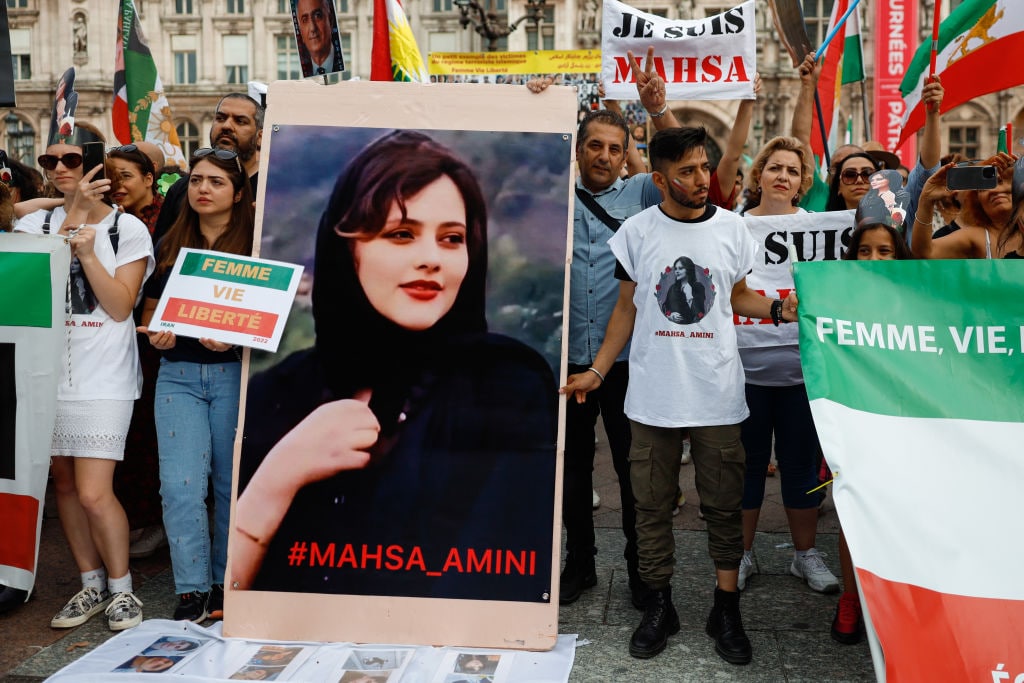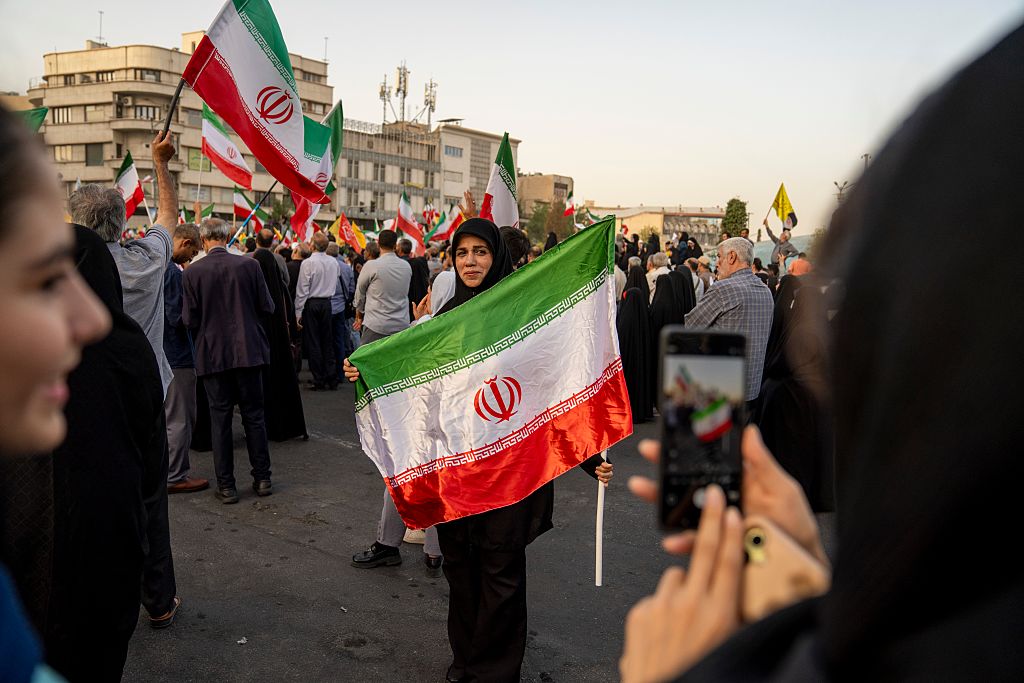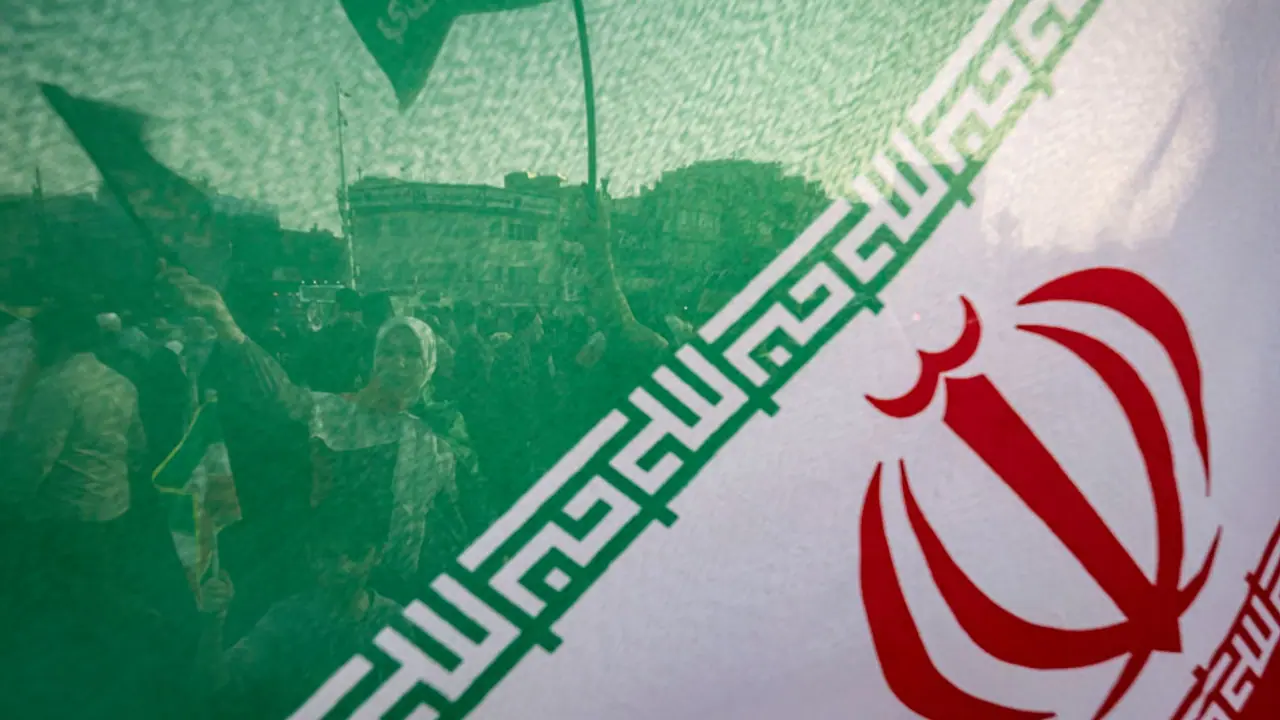Despite deep divisions, Israel’s attack on Iran sparked a rare wave of national unity, with even government critics standing by their homeland.
Reza Kianian is a well-known and respected Iranian actor who has often spoken out against the Islamic Republic’s policies. He regularly uses his Instagram account to question the government’s ideas.

But when Israel attacked Iran earlier this month, Kianian—like many others who usually criticize the government—stood by his country. Since the 12-day war began, a strong wave of patriotism has spread across Iran, home to 90 million people. Kianian posted on Instagram: “Iran has existed, exists now, and will always exist,” reports the Financial Times.
War With Israel Unites a Divided Iran—At Least for Now
This new feeling of unity in Iran surprised many people, both inside the country and around the world. Iran is usually divided, with people holding very different views. But during the war, even those who strongly oppose the government put their criticism aside for a while.
Israel’s leader, Benjamin Netanyahu, had hoped that unhappy Iranians would rise up against their government. But instead, many Iranians— even strong critics of the regime—saw the attack as a strike not just on their leaders, but on the whole country. So they came together to stand with Iran.
"Someone living outside Iran has no right to tell us to rise up," 74-year-old Kianian told the Financial Times. "Iran is my homeland. I will make my own decisions and don’t need anyone else telling me what to do in my own country."
This new rise in national pride among Iranians—something the government hopes will continue even if people start getting upset with them again—comes after many years of division and disagreement in the country.
For a long time, Iran’s religious rulers have tried to control a population that is becoming more secular and wants change—better jobs, more freedom, and a fairer government. When people protest, the authorities often respond with violence. For example, in 2022, protests broke out after 22-year-old Mahsa Amini died in police custody for not wearing her hijab properly. According to Amnesty International, over 300 people were killed during those protests. Events like this have left lasting pain and anger among the Iranian people.

Critics Stand by the Homeland, Even as Old Wounds Linger
Even though Iran’s government has now eased some of its strict hijab rules, many people in the country are still very unhappy. They are dealing with high prices, a weak economy caused by US sanctions, and growing frustration over reports of corruption among those connected to the government.
But when Israel began its attack on June 13, most Iranians felt that this was not the right time to push for change. Instead, they focused on defending their country.
Many people in Iran were shocked by the attack. Israel said it was targeting government sites, but Iranian officials claimed the strikes killed 627 people and destroyed 120 homes in Tehran. The fighting ended with a fragile ceasefire on Tuesday. On the other side, Israeli officials said Iran’s missile strikes killed 28 people in Israel and also hit homes.
“We felt caught between powerful leaders who only cared about their own goals, not about us,” said Maryam, a 39-year-old homemaker who has long criticized the government. She is still angry about the people killed during the 2022 protests. “Netanyahu’s actions reminded us that we could lose even the little we have. In a way, he helped the Islamic Republic by making us feel less hopeful about removing this regime.”
To avoid making people angry during the war, Iran’s government chose not to focus on its usual strong messages—like calling the US and Israel lifelong enemies or saying that Shia Islam is the answer to everything.
Instead, banners in Tehran promoted national pride, not political or religious messages. On Thursday, Iran’s Supreme Leader Ayatollah Ali Khamenei praised the people, calling their show of unity “extraordinary.”
In a video message, he said, “All 90 million people stood together as one, putting aside their differences and speaking with one voice.” He focused more on the unity of the Iranian people than on the religious government, clearly trying to keep the country united. “We saw that during tough times, the whole nation speaks together as one,” he added.
Officials are trying to keep the patriotic spirit alive by calling the war a “victory,” even though the country suffered heavy damage to its government, military, and nuclear program.
“There were no anti-war protests on the streets, and the government made sure food and fuel were available everywhere,” said one person close to the government.

A Fragile Patriotism: Can Iran’s Government Sustain the Unity?
For now, the war seems to have increased support inside Iran for its missile program. It has also made people more accepting of the government’s actions against those accused of helping Israel. Some people are even showing interest in Iran getting a nuclear bomb — even though the government says it is not trying to build one.
But keeping this unity won’t be easy. Many people who have long been unhappy with the government still want answers. They blame the Islamic Republic for leading the country into war.
Actor Reza Kianian said that strict government officials, including those on state TV, should be held responsible for how their actions and policies helped cause the conflict.
Hardliners in Iran have pushed for a stronger nuclear program and enriched uranium close to weapons level. They have often said Israel should be destroyed and believe that backing militant groups like Hezbollah in Lebanon should remain a key part of Iran’s foreign policy.
“They keep saying on TV that we are all united, no matter our views,” said Kianian. “But it took them a long time to understand this. They only started saying we are united when there was no other option during the war.”
Many Iranians feel that the government should not misuse this recent unity by going back to its most divisive and unpopular policies. The problems that have upset people for years are still there and have not been fixed.
“What has protected Iran is not some extreme belief,” said Fayyaz Zahed, a reformist political expert. “It is Iran’s long and rich history—and the strength it has shown in surviving past invasions by Alexander the Great, the Mongols, and the Arabs.”
Maybe only history teachers in Iran could have seen this coming. Once again, we have understood that if real change is going to happen, it must come from inside the country—not from outside.
(Girish Linganna is an award-winning science communicator and a Defence, Aerospace & Geopolitical Analyst. He is the Managing Director of ADD Engineering Components India Pvt. Ltd., a subsidiary of ADD Engineering GmbH, Germany. Contact: girishlinganna@gmail.com )
Disclaimer: The opinions expressed are solely those of the author and do not reflect the views or stance of the organization. The organization assumes no responsibility for the content shared.


